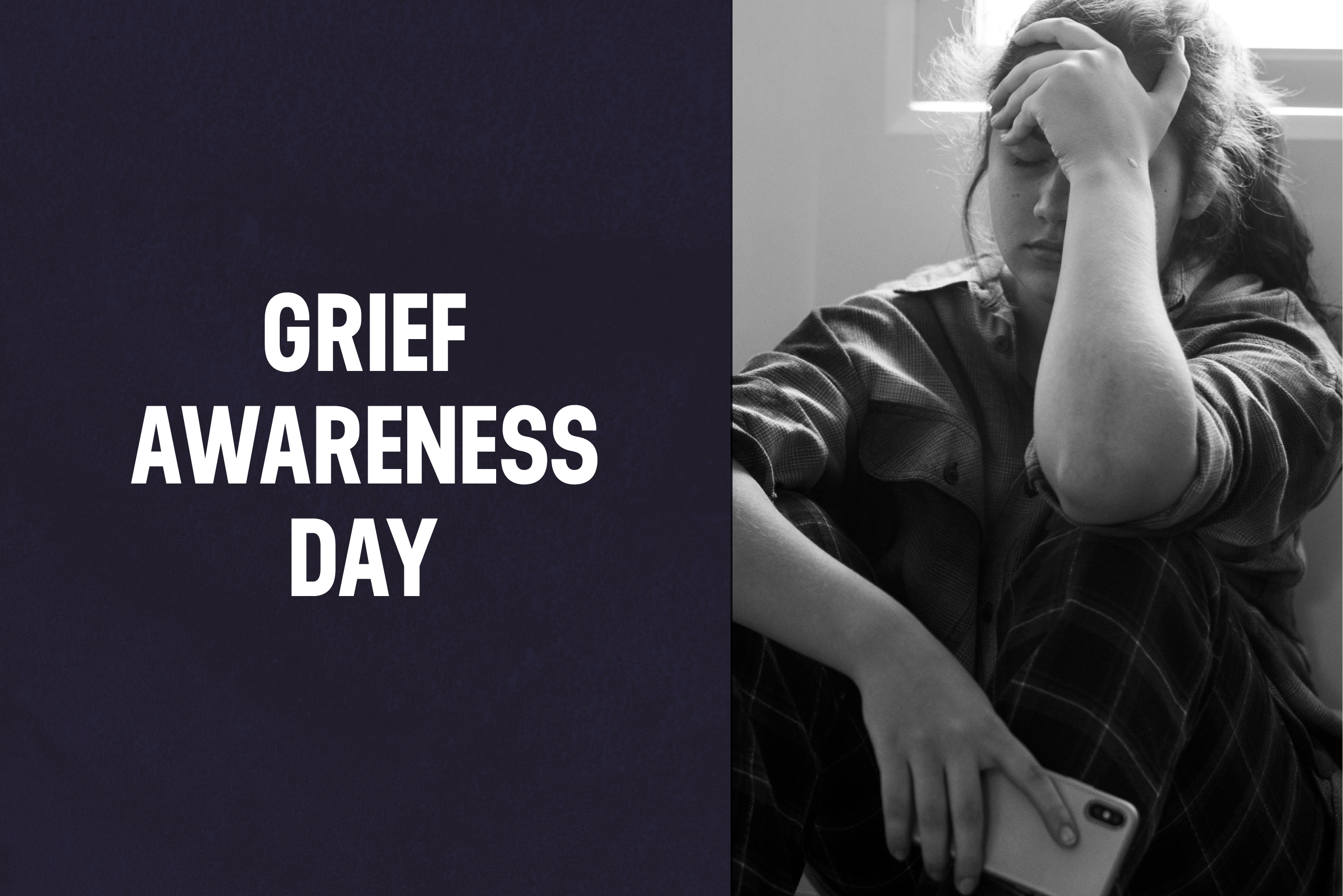Each individual experiences and expresses grief differently. The process of grieving in response to a significant loss requires time, patience, courage, and support. While everyone grieves differently, here are a few ways to help a friend or loved one through the experience:
- Make contact – Reach out to others who are affected. Don’t let discomfort, fear, or uncertainty stand in the way of making contact and being a friend.
- Provide practical help – It’s usually not enough to say, “If there’s anything I can do, let me know.” Decide on a task you can help with and make the offer.
- Be available and accepting – Accept the words and feelings expressed, avoid being judgmental, and avoid telling the person in grief how he/she should feel or what the individual should do.
- Be a good listener – Many in grief need to talk about their loss; the person, related events, and their reactions. Allow grievers to tell their stories and express their feelings. Be patient and accepting of their expressions.
- Exercise patience – Give the person in grief “permission” to grieve for as long or short a time as needed. Make it clear that there is no sense of “urgency” when you visit or talk. Remember, there are no shortcuts.
- Encourage self-care – Encourage the person in grief to attend to physical needs, postpone major decisions, allow the individual to grieve and to recover. At the same time, the individual may need your support in getting back into activities and making decisions.
- Exercise good self-care – It’s important for you to maintain a realistic and positive perspective, to maintain your own life and responsibilities, and to seek help when you feel overwhelmed or don’t know how to handle a situation.
Find more resources this National Grief Awareness Day at https://counselingcenter.illinois.edu/brochures/grief-and-loss
